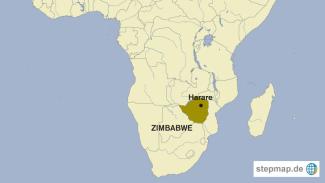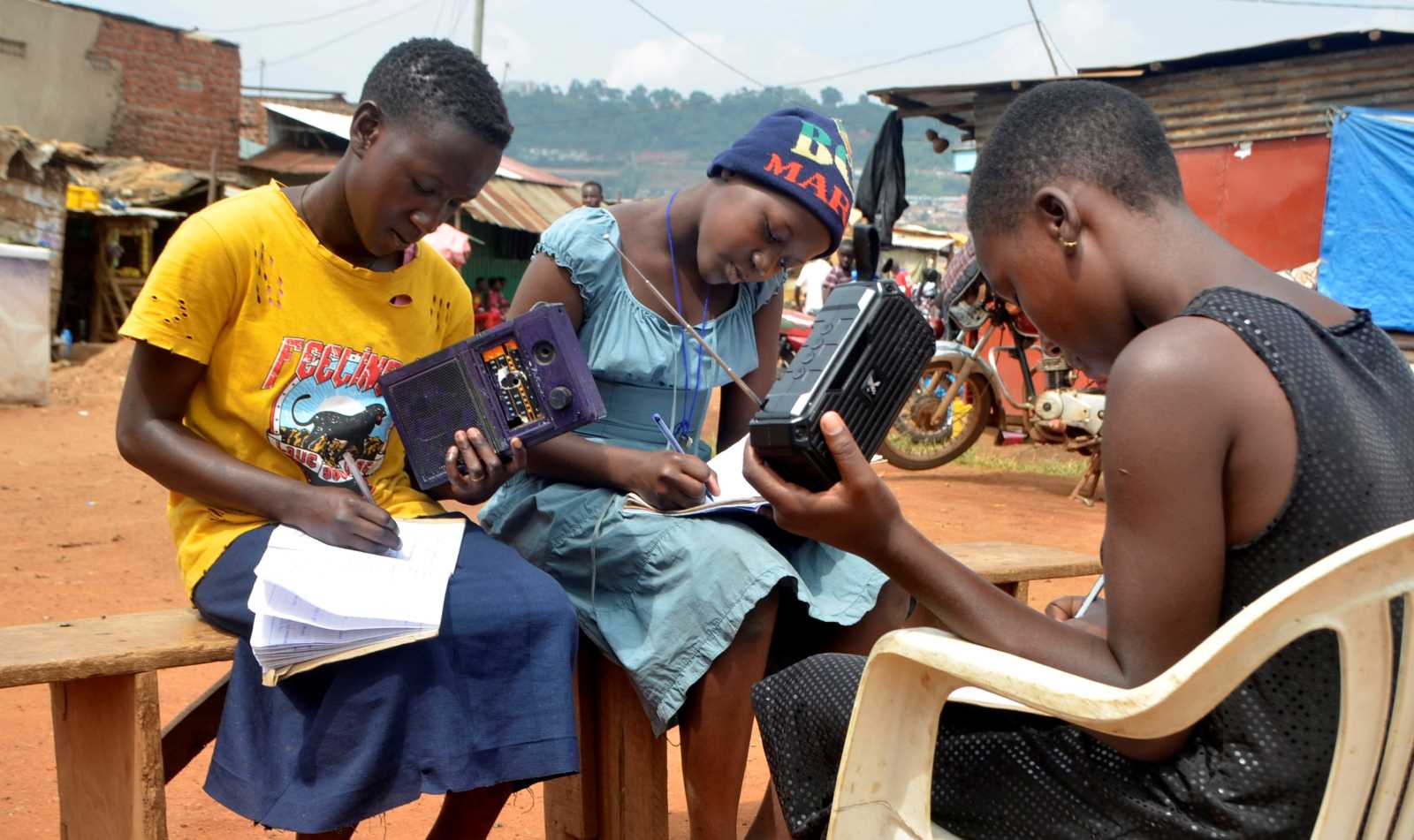Health
Unwanted pregnancies

“Even condoms that used to be free of charge are difficult to find in the villages,” says 46-year old Jabulani Zhou of Mberengwa in south-central Zimbabwe. He already has eight children and now has four more on the way, as his three wives and a girlfriend are pregnant. Zhou is not sure how he will support 12 children, especially now that Zimbabwe’s economy has slowed.
His is not an isolated case. “Fighting unwanted pregnancies has become difficult for many people here as prices of birth control pills go beyond reach,” says Mucha Shumba, an official of the Zimbabwe National Family Planning Council in Mberengwa.
Contraception in Zimbabwe has become a story of haves and have-nots. Birth control pills can be found in private pharmacies at a price of $ 1 per packet – too high for many Zimbabweans at a time of high unemployment. Condoms are difficult to find at almost any price.
Responsibility for providing contraceptives and family-planning advice ultimately falls to the Zimbabwe National Family Planning Council (ZNFPC), an independent agency under the Ministry of Health and Child Care. However, the agency is strapped for funds and has been unable to carry out its mandate.
Women bear the brunt of that failure, say women’s-rights activists. “Shortages of contraceptives help to undermine women’s reproductive health rights,” says Celesile Sithole of Women of Zimbabwe Arise (WOZA), a human-rights NGO based in Bulawayo, Zimbabwe’s second largest city.
Public health is also at risk. “With condoms in short supply, it may mean that after Covid-19 we will wake up to an upsurge of HIV cases,” warns Milenia Musaigwa of the Zimbabwe National Network of People Living with HIV. About 1.3 million Zimbabweans live with HIV, according to UNAIDS.
Moreover, “there are concerns that women will be forced into unsafe abortions” to terminate unwanted pregnancies, says Fungisai Dube, executive director of Citizens Health Watch, a public health watchdog group. And Ruth Labode, chairwoman of the Parliamentary Portfolio Committee on Health, says: “Anecdotal evidence points to an increase in unintended teenage pregnancies due to lack of access to contraceptives.”
Sexually active young women and girls have a high risk of unwanted pregnancies because more than 70 % of them rely on oral contraceptives and condoms, as opposed to longer-term measures such as intrauterine devices, according to an April 2020 report in HealthTimes, a Zimbabwean web portal. The statistic comes from the Zimbabwe Demographic Health Survey of 2015.
Further reading
Zimbabwe National Family Planning Council:
http://www.znfpc.org.zw/znfpc-overview/
Jeffrey Moyo is a journalist based in Harare.
moyojeffrey@gmail.com










